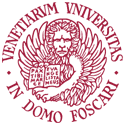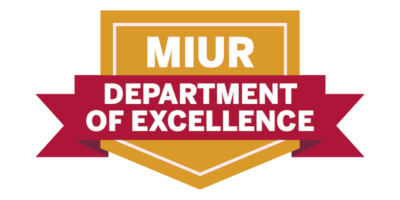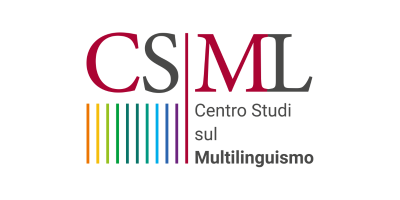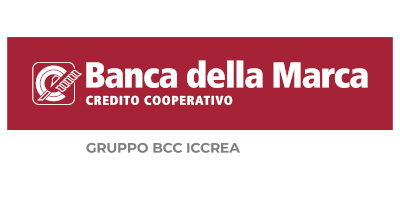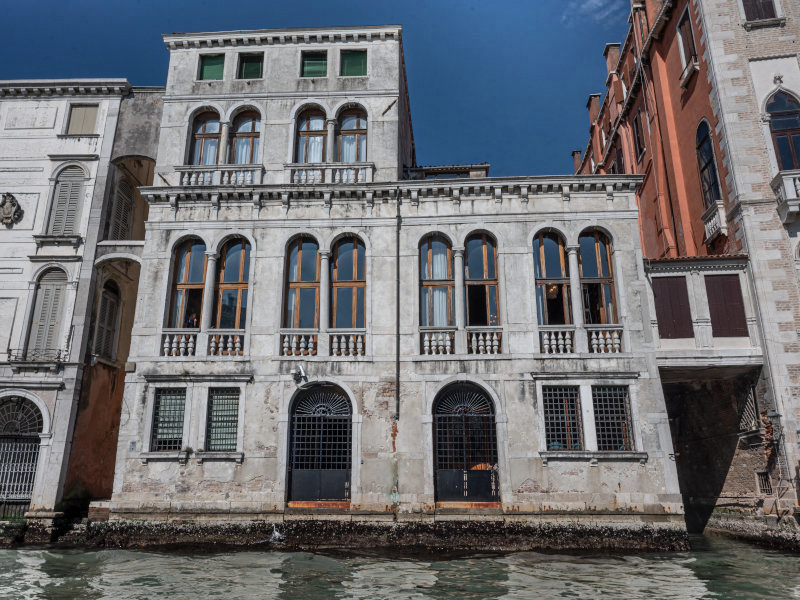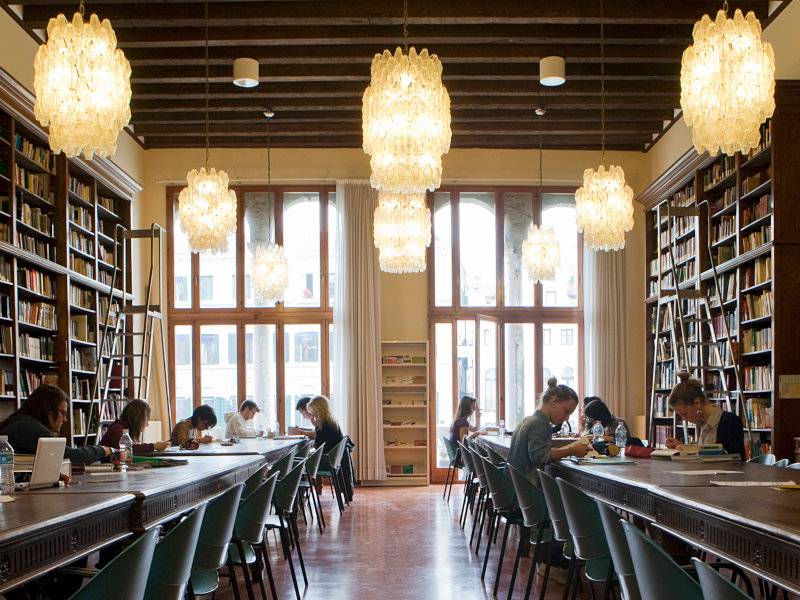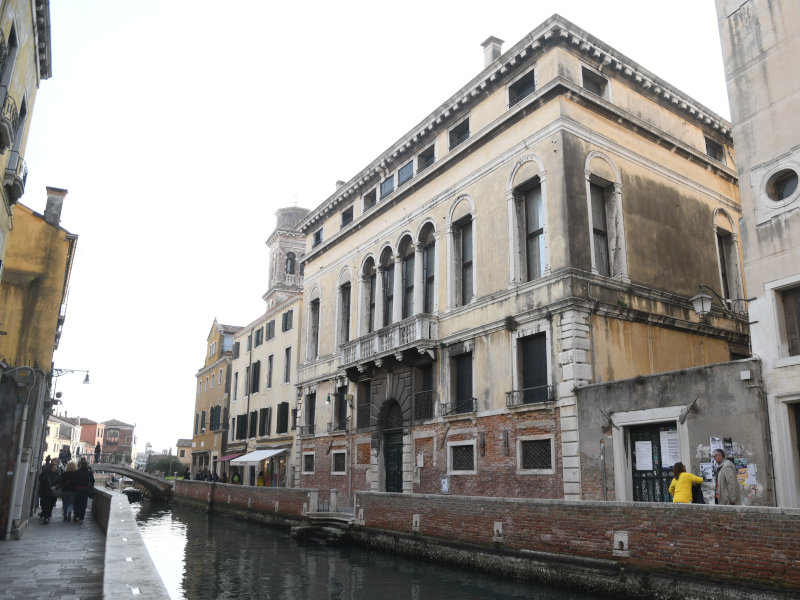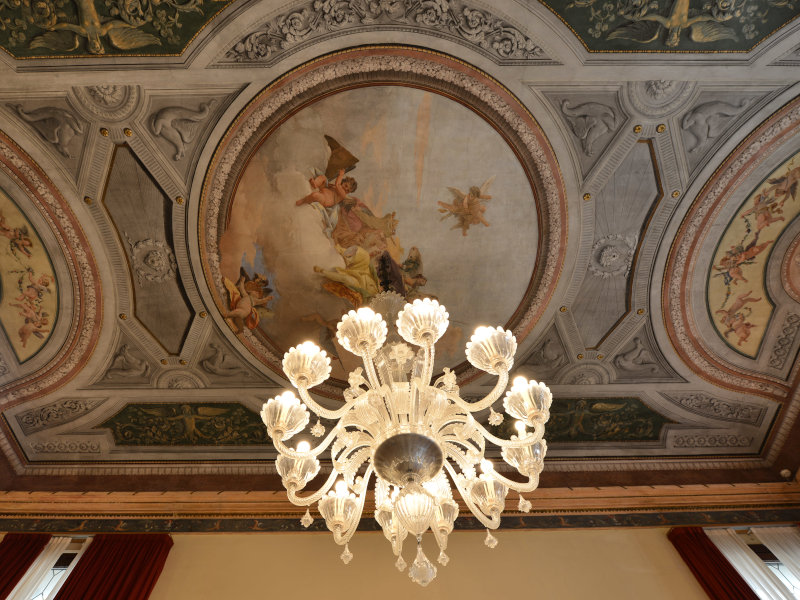Gender-inclusive language in a multilingual Europe
Institutional policies, their applications and AI-related developments (LaGendA)
3-4/10/2024, Venice
Conference
Over the past three decades, gender-related language policies have spread widely in Europe, at various institutional levels, with different speed and different levels of acceptance and effectiveness.
The conference aims at bringing together expert(s) in linguistics, sociolinguistics, language policies, translation studies and artificial intelligence to discuss, in a comparative perspective, recent developments in language policies, the application of guidelines in university institutions and supranational bodies, as well as new frontiers of machine translation and recent developments in AI regarding gender. The conference aims to promote interdisciplinary dialogue and provide insights into the understanding of gender-inclusive language dynamics, while encouraging collaboration among researchers and practitioners engaged in this socially relevant domain.
Topics
Topics of interest include but are not limited to:
Language policies at the institutional level:
- study of gender-inclusive language policies in academic institutions (e.g., guidelines for inclusive language)
- examination of challenges and opportunities in the implementation of gender-inclusive language policies in supranational bodies
- analysis of proposals for gender-inclusive forms (nouns, pronouns, agreement etc.) in the languages of Europe
- analysis of the implementation of gender-inclusive forms in different text types
Machine translation:
- differences in the expression of gender-inclusive language (grammatical and social) across machine translation systems and between languages
- challenges observed in translating gender in European languages
- evaluation of the impact of machine translation technologies on gender-inclusive language
Artificial intelligence:
- relevant applications of AI in the implementation of gender-inclusive language
- gender representation in the training data of AI-based communication systems
- quality of AI-generated texts (gender bias, calques from English etc.)
- critical analysis of recent developments in AI and their impact on gender-inclusive language policies
Call for papers
Proposals for oral contributions (20 minutes + 10 minutes discussion) should be sent to the organizers at the following e-mail address lagenda@unive.it by May 31st, 2024.
The message should contain in the subject line: “Contribution to LaGendA” and include in the text the title of the contribution and the name and affiliation of all authors.
The document attached to the message must have the following characteristics and provide the following information:
- be anonymous
- be a doc/docx/rtf document (with pdf version if special characters are included)
- contain max. 500 words (bibliography and tables excluded)
- indicate the phenomenon analyzed, the data used and the method of investigation, and provisional results
- provide a bibliography
Proposals will be evaluated through a double-blind review process. The organizers will notify acceptance (or rejection) of the proposal by June 30th, 2024.
The call is published on the LinguistList.
Programme
|
|
Programme 3-4/10/2024 | 471 KB |
- 8:30 Registration
- 9:00 Introduction and addresses of authorities
- Chair: Viviana Patti (University of Turin)
- 9:30 Keynote speaker: Giuliana Vitiello (University of Salerno)
"Human-Centered AI for Gender-Inclusive Language Evolution" - 10:30 M. Bartl, S. Leavy (University College Dublin) "Automating Gender-Inclusive Language Guidelines for Fine-Tuning LLMs: The Case of Gender-Marking Affixes"
- 9:30 Keynote speaker: Giuliana Vitiello (University of Salerno)
- 11:00-11:30 break
- Chair: Alan Ramponi (Fondazione Bruno Kessler)
- 11:30 A. Piergentili, B. Savoldi, M. Negri, L. Bentivogli (Fondazione Bruno Kessler) "The Challenges of Gender-Inclusive Machine Translation"
- 12:00 L. Nadal; E. Antonello (Ca’ Foscari University of Venice) "Inclusive language in Italian and processing costs: an experimental study with eyetracking"
- 12:30 A. Bondielli, L. C. Passaro, V. Neri, A. Lenci (University of Pisa) "Mining Gender Biases in Text-to-Images Language Models"
- 13:00-14:30 break
- Chair: Cecilia Robustelli (Università di Modena e Reggio Emilia)
- 14:30 G. M. Zunino1; Gloria Gagliardi2; Noelia Stetie1; Emanuele Miola2; Raquel Freitag3 (1 UBA-CONICET, Argentina; 2 University of Bologna; 3 UFS, Brazil) "Female truck drivers and male babysitters? Interactions between gender stereotypes and grammatical gender in Spanish, Italian and Portuguese. A multilingual psycholinguistic proposal"
- 15:00 I. Facchini (University of Bologna) "Evaluating language policies and innovations in orality: a study on gender-fair simultaneous interpreting in the EU"
- 15:30-16:00 break
- Chair: Giuliana Giusti (Ca’ Foscari University of Venice)
- 16:00 short oral presentations of the posters
- 17:30 short walk to Ca’ Bembo
- M. Abbondanza, V. Bonomi, V. Galimberti, F. Durante, C. Reverberi, F. Foppolo. (University of Milano Bicocca) "Comparing gender associations of role nouns across formal, natural and inclusive languages"
- M. Amontagna (free researcher) "Democratic linguistic education and A.I.: exploring A.I and gender biases in EFL classes"
- E. Sainz, I. Moretto (Ca’ Foscari University of Venice) "Inclusive Italian and mental representations: An experimental study on the unmarked male and other alternatives"
- M. Gargiulo (Technische Universität Dresden) "Investigating gender-inclusive language in customer service settings. A corpus-based analysis of texts generated by chatbots"
- L. Draetta, C. Ferrando, A. Marra, V. Patti (University of Turin)" ""Sociolinguistics informs Natural Language Processing: the semantic reappropriation of slurs in the Italian LGBT+ community"
- Th. Westweer (University of Amsterdam) "Non-binary inclusive language in a German novel and beyond"
- G. Mazzaggio (University of Florence) "Diminishing Gender Bias Through Second Language Use: An Empirical Study"
- M. Bhend (Language Centre at the University of Nottingham) "Attitudes and Challenges for Implementation of Gender-Inclusive Language in Foreign Language Teaching in a UK University"
- C. S. Santonocito (University of Messina) "Is Google Images gender-inclusive? A comparative case study on the representation of same-sex couples"
- K. Ceberio1, A. Elejalde2, E. Manterola2, E. Sagarzazu1, Z. Sanz2, N. Zubillaga2 (1 Elhuyar; 2 TRALIMA/ITZULIK research group - UPV/EHU) "Gender bias in machine translation from Basque into Spanish"
- E. Chiocchetti, N. Ralli, I. Stanizzi (EURAC) "Inclusive definitions of legal concepts in Italian: possibilities, limits and a case study"
- G. Comandini (Istituto di Studi Germanici) and E. Pepponi (Università di Cagliari), “The ALIAS project. Analysis, best practices and guidelines to improve institutional communication”
- 19:00 Refreshments, Ca’ Bembo (reading room, 2nd floor)
- Chair: Falco Pfalzgraf (Queen Mary University, London)
- 9:30 Keynote speaker Daniel Elmiger [FRA] (University of Geneva)
"Guidelines for inclusive language in gendered languages: who is to be included?" - 10:30 M. Ingenito1, D. Vellutino1, M. De Martino1, V. Crestani2, C. Saracco2, G. Pedrini3, R. Pellegrino4 G. Vitello1, (1. University of Salerno; 2. University of Milan; 3. University of Trieste; 4. University of Bologna)
"Enhancing University Communication: An Artificial Intelligence-Based tool for Gender-Inclusive Language"
- 9:30 Keynote speaker Daniel Elmiger [FRA] (University of Geneva)
- 11:00 break
- Chair: Alessandro Lenci (University of Pisa)
- 11:30 V. Crestani1; G. Pedrini2; R. Pellegrino3; K.Peruzzo2; C. Saracco1 (1 University of Milan; 2 University of Trieste; 3 University of Bologna)
"Gender inclusive language in university communication: a comparative analysis of guidelines in German, Italian, and English" - 12:00 D. Carlini Versini and T. Reimann-Dawe (Durham University)
"Developing Multilingual Gender-Inclusive Language Guidelines in a School of Modern Languages and Cultures in the UK" - 12:30 M. Abbondanza, V. Bonomi, V. Galimberti, F. Durante, C. Reverberi, F. Foppolo. (University of Milano Bicocca)
"Gender neutralization in subject-verb agreement: testing the efficacy of the schwa"
- 11:30 V. Crestani1; G. Pedrini2; R. Pellegrino3; K.Peruzzo2; C. Saracco1 (1 University of Milan; 2 University of Trieste; 3 University of Bologna)
- 13:00-14:30 lunch break
- Chair: G.M. Zunino [SPA] (UBA CONICET, Argentina)
- 14:30 Keynote speaker Anna-Maria De Cesare [DEU] (Technische Universität Dresden")"
"Women’s representations in LLM generated biographies: A multidimensional comparative corpus-based study" - 15:30 S. Link (University of Urbino)
"Language policies and the use of gender-inclusive language in German, Austrian, and Swiss broadsheets: a contrastive, corpus-based study" - 16:00 F. Pfalzgraf (Queen Mary University, London) "Attitudes towards gender-inclusive language: A comparative analysis across ten languages"
- 16:30 A. Perra (University of Florence) "Gender linguistic strategies in job advertisements in Italy: an update on the current situation"
- 14:30 Keynote speaker Anna-Maria De Cesare [DEU] (Technische Universität Dresden")"
- 17:00 Business meeting
- 17:30-19:00 social walk-through
Keynote speakers
- Anna-Maria De Cesare [DEU], Dresden University of Technology
- Daniel Elmiger [FRA], University of Geneva
- Giuliana Vitiello, University of Salerno
Venues
Registration
Registration is free of charge, but we ask attendees to fill this form to help us organize the event.
Committees
Organizers
- Giuliana Giusti, Ca' Foscari University of Venice, coordinator
- Monia Azzalini, Osservatorio di Pavia and Ca' Foscari University of Venice
- Anna Cardinaletti, Ca' Foscari University of Venice
- Gianluca Lebani, Ca' Foscari University of Venice
- Laura Nadal Sanchis, Ca' Foscari University of Venice
- Maria Eugenia Sainz Gonzalez, Ca' Foscari University of Venice
- Giuseppe Sofo, Ca' Foscari University of Venice
- Alice Suozzi, Ca' Foscari University of Venice
Scientific Board
- Michele Cortelazzo, University of Padua
- Gabriele Diewald, Leibniz University Hannover
- Catalina Fuentes Rodriguez [ESP], University of Seville
- Viviana Patti [ITA], University of Turin
- Falco Pfalzgraf, Queen Mary University of London
- Alan Ramponi, Fondazione Bruno Kessler
- María Amparo Soler Bonafont [ESP], Complutense University of Madrid
- Anna Maria Thornton [ITA], University of Aquila
